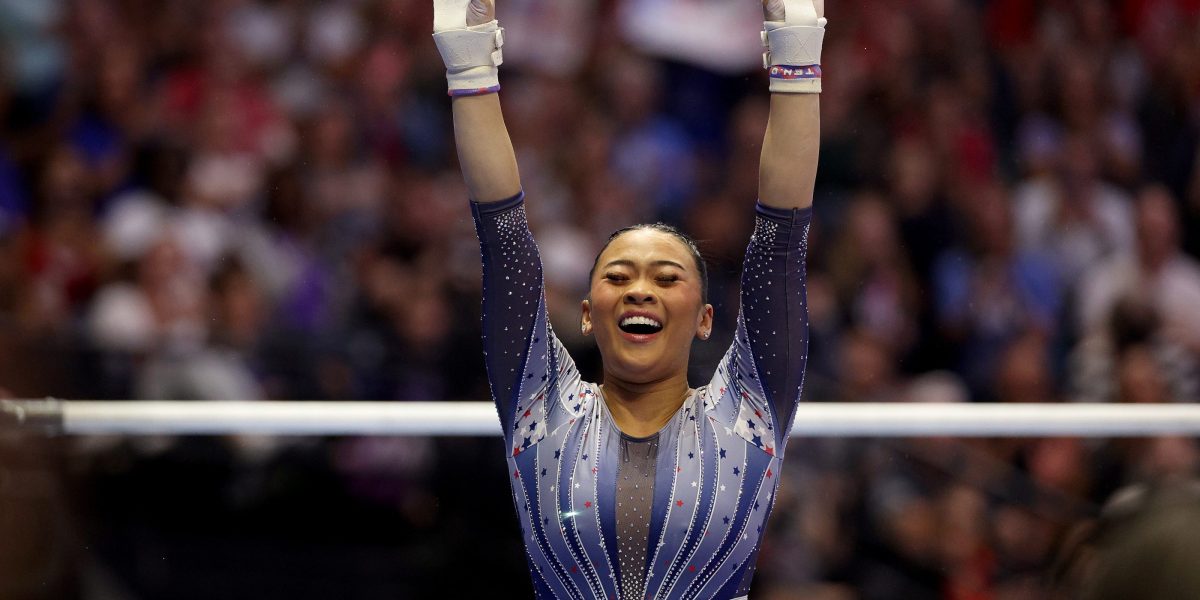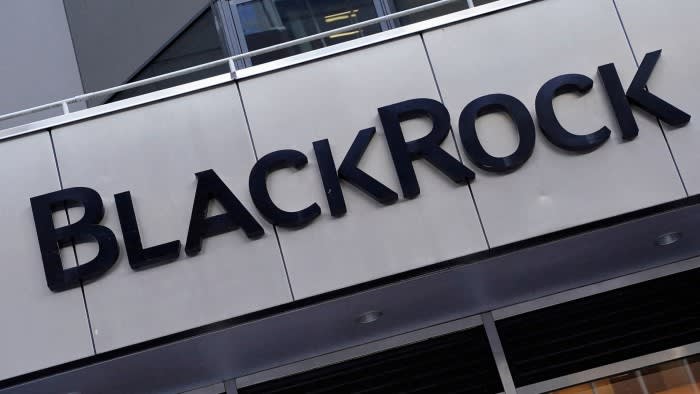Jeremy Corbyn has a following in Islington North that borders on cult-like in some pockets of the seat he has represented for more than 40 years. Pictures of his face — some encircled by hearts — adorn both the interior and exterior of Gadz Cafe, a Lebanese restaurant in Finsbury Park.
“If someone suffers, has a problem, Jeremy is always ready [to help],” declares owner Hussein “Gadz” Jaber, 60, who is among those hoping that the former Labour leader will win his 11th consecutive election to represent the constituency next Thursday.
What is novel this time is that Corbyn, 75, will be fighting the seat as an independent after having the whip withdrawn in 2020 over his remarks claiming that antisemitism in Labour during his leadership had been “dramatically overstated”. His decision last month to stand for election regardless saw him kicked out of Labour altogether.
A poll this week by Survation suggests Corbyn will struggle to cling on as an MP, however. It put his support on 29 per cent, compared with Labour’s swiftly selected replacement candidate Praful Nargund, a 33-year-old IVF entrepreneur, on 43 per cent.


Insiders in both camps argue that the heated contest feels far closer, however, while Corbyn and Nargund use the same word to describe the state of the race a week out: “Tight.”
Both men boast hundreds of activists in their campaigns, but only Nargund has the benefit of Labour’s richly layered canvassing data collated over many years. “It’s a disadvantage,” Corbyn concedes.
The north London neighbourhood of Islington has been a Labour stronghold since the late 1930s and has become a byword for the capital’s well-heeled, left-leaning bourgeoisie, sometimes satirised as “champagne socialists”.
Boris Johnson used to lambast “Islingtonian Remainers” as the archetype elite metropolitans opposed to Brexit — only 22 per cent of its voters backed Leave, compared with 52 per cent nationally — while Liz Truss appeared to have the borough in mind when she lashed out at media pundits who live in “north London town houses”.
The area also harbours areas of stark deprivation, however. Alongside its smart Georgian squares, there are densely populated working-class districts, which include a strong Irish community dating back to the 18th century.

Nargund acknowledges the “caricature” of Islington as “a place of privilege”, but insists: “Anyone who lives in Islington will tell you the characteristic feature isn’t wealth, it’s inequality.” His local campaign has focused heavily on the rising cost of living, poor-quality housing, antisocial behaviour and barriers to opportunity.
These themes overlap in large part with Corbyn’s campaign, which has highlighted waiting lists for social housing, overcrowded homes, fuel poverty and healthcare issues.
The fierce battle between Nargund and Corbyn — the Conservatives, Lib Dems, Greens and Reform are all but invisible in the seat — has divided its local Labour branch.
Corbyn loyalists in its ranks have decried the way the central party expelled the incumbent MP and selected Nargund without a ballot of local members. In protest, leftwingers have even withheld the login details to the local party’s Facebook and X accounts, according to a party official. Neither account has posted in weeks.
Meanwhile, the chair of the constituency Labour party was forced to resign last week after being caught campaigning for Corbyn, despite attempting — unsuccessfully — to hide in a bush when she was clocked by fellow party activists.
In response, Nargund posted an image on social media in response that showed him out with campaigners on a leafy street along with the caption: “Islington North’s Labour campaign, proud to have photos in front of a hedge.” He is phlegmatic about the incident, telling the Financial Times: “It’s important to have a sense of humour.”
A “tough skin” is another prerequisite, he says, offering an elliptical response when asked if there has been any nastiness or abuse in the contest. “In any politics, our discourse has become much coarser in the last 10 years.”
He describes it as “a shame” that Corbyn “decided to run against Labour”, but insists new members have signed up locally since the snap election was called, while existing local members who previously “didn’t feel comfortable” campaigning have turned out to help him.
On Friday the rivalry deepened after 72 former local Labour members signed an open letter urging residents to vote for Corbyn next week. The signatories included 10 senior figures from the local party executive who have resigned since late May to back the ex-Labour leader.
Labour campaign officials dismissed the group as a minute proportion of the local party, which boasts more than 2,500 members, arguing the vast majority “want to be part of the change” represented by Sir Keir Starmer.

Beyond splitting the local party, the contest has also divided opinion within households. Former Labour voter Ceirios Huws, 41, a commercial property manager, says she is backing Corbyn because he has done a “good job” in the seat and “seems like a nice man who I would trust”.
Her partner Dugald Clark, 42, a stay-at-home father, is sticking with Labour, however. While he does not recall specifics about the party’s candidate, he says: “I would like to see a fresh MP, some new blood.”
Where the couple agree is that they want to see a Labour government sweep to power. Clark says: “We’re ready for change and Starmer can do it. He seems competent if not super-exciting, but that’s fine . . . Make politics boring again.”
Corbyn — speaking to the FT shortly before miming dances for TikTok videos ahead of a canvassing session — also says that despite his split with the party, he is “very happy” about the prospect of a Labour administration “because that will mean getting rid of the Tories”.
His pitch to local voters, however, is that he would work with other leftwing MPs in Labour’s Socialist Campaign Group to try and urge Starmer to tack to the left.
The former party leader worries that his successor and his allies will “box themselves in” with an overly cautious economic approach that prevents them from achieving significant reform.
Asked what he could achieve as an independent MP during a Labour administration, Corbyn argues he would be a “voice for human rights, social justice and peace” in parliament.


As a result of the contest, the constituency is awash with political posters. This includes Highbury Place, a pristinely preserved Georgian terrace overlooking open fields where a six-bedroom Grade II-listed house is currently on the market for £6.5mn, on which a spate of Labour signs can be seen in the windows of private homes.
One of these is the flat of Jane Kissock, 69, a retired social worker, who says: “I think the Conservatives need to be removed and I want my vote to count, so I’m voting Labour 100 per cent,” she says, citing Corbyn’s “issue with antisemitism” as a reason not to back him.
Mulling over the area’s left-leaning tradition, even among some of its wealthiest residents, Kissock adds: “Although people are probably quite well-off on this street, they have a very good social conscience.”

However, trying to calculate what will happen in the seat on July 4 is complicated by the fact that many residents appear unaware that Corbyn is not the Labour candidate in this race.
“Isn’t Corbyn Labour this time?,” asks David Jameson, 66, a retiree who used to work in a music shop, bemused. Upon learning the facts he confirms his intention to vote for the man rather than the party.
Roya Agah, 44, who works at a nail salon on the Holloway Road, also says she supports both Labour and Corbyn.
Some campaigners predict that for swaths of such voters, where they place their cross on the ballot will come down to whether they spot Corbyn’s name first or that of Labour and its rose logo.



